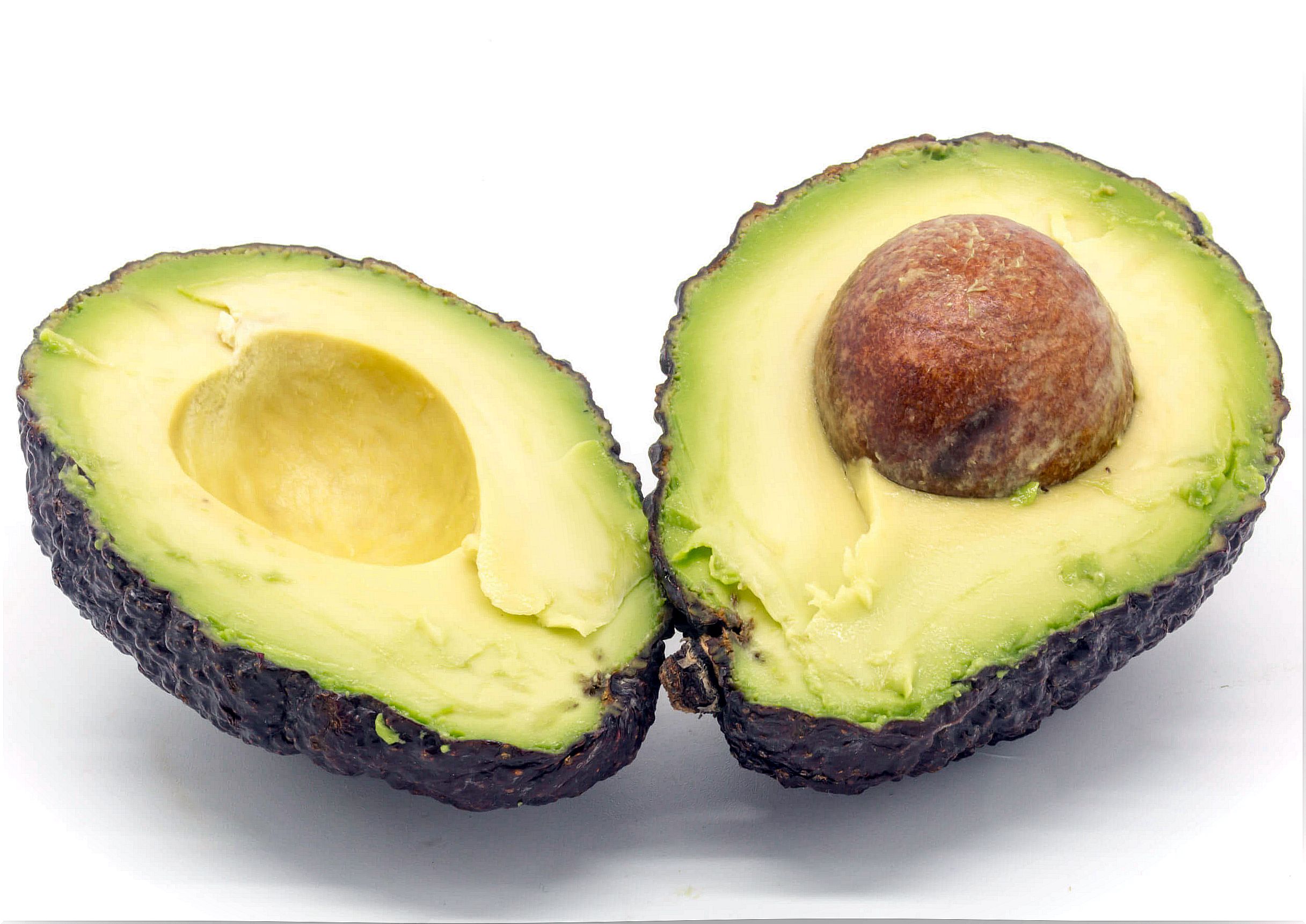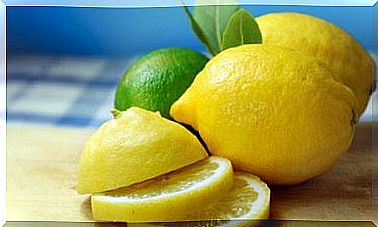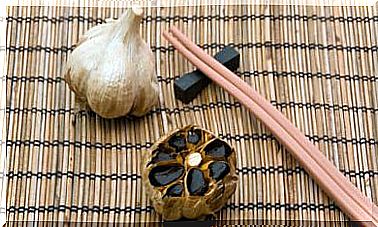What Are The Consequences Of Eating Rusty Fruit?
There is a wide group of fruits that oxidize quickly in contact with air. This oxidation does not mean that the food is no longer suitable for consumption, but certain changes do occur that must be taken into account. Let’s see what it means to eat rusty fruit.
There are organoleptic changes and changes also in the nutritional composition that can affect the quality of the product or its function. In this way, it is necessary to try to avoid the oxidation of the fruits.
What happens when a fruit rusts?

The first consequence of oxidation is the appearance of free radicals. This may be related to a worsening of human health, according to research published in Critical Reviews in Eukaryotic Gene Expression .
For this reason its consumption must be limited. Although there is no clear evidence that the consumption of oxidized fruits is a risk factor for the development of certain diseases, it is better to avoid consuming foods in this state.
It should be noted that oxidation is a chain reaction. Once started, it continues to accelerate until complete oxidation of all susceptible substances. The fruits that are most prone to this phenomenon are apples and avocados.
Phenols in rusty fruit
Contact with oxygen causes a decrease in the load of the fruit in phenolic compounds. These have an antioxidant and free radical reduction capacity, as stated in the current scientific literature.
Therefore, the first consequence of eating oxidized fruit is that its health benefits are lower.
The phenolic compounds themselves come into contact with the polyphenol oxidase enzyme when cutting the fruit. At this time, the oxidation process begins, causing the pulp to brown pigmentation.
It must be taken into account that free radicals cause serious cellular effects and play an important role in degenerative diseases. Therefore, it is important to maintain a high consumption of antioxidants, to prevent oxidative damage.
Vitamins in rusty fruit
On the other hand, oxidation of vitamins also occurs, according to an article published in The Biochemical Journal . In the case of vitamin C, oxidation leads the molecule to an inactive form. This process nullifies its effectiveness in processes related to human health.
In this way, it is concluded that the oxidation of fruits significantly reduces many of their beneficial characteristics. The loss of the functionality of vitamins is one of the most important, in addition to their antioxidant capacity.
How to avoid oxidation?
Fruits that contain citric acid do not oxidize. Therefore, applying lemon juice to pieces of a fruit that can be susceptible to oxidation will reduce and delay this process.
On the other hand, there is the possibility of avoiding the contact of the fruits with oxygen. Vacuum packaging or plastic bags prevents the oxidation process very efficiently.
In industry, foods are introduced in modified atmospheres with less oxygen to delay oxidative processes and increase the shelf life of the product.
Also, refrigeration slows down this process. Thus, keeping the fruit in the refrigerator is an excellent option to prevent oxidation.
Another option is cooking

Oxidation is a process that can be prevented with heat treatment. In this way, the enzymes that cause this result are destroyed. Therefore, cooking fruits and even culinary preparations with them prevent them from undergoing oxidation and deteriorate their nutritional quality.
In this way, and for example, it is very common that oxidation occurs in a raw apple. However, when this apple is subjected to a thermal process in the oven, it lasts much longer without suffering any damage to its pulp.
If you have a lot of overripe fruit in your pantry, try cooking it to slow down the enzymatic processes that go on inside. This way they can increase their useful life and improve their conservation.
Consume the fruit before it rusts
Eating oxidized fruit does not present a risk to human health, at least in principle. There are no studies to suggest that this habit can be harmful. In any case, the beneficial properties that the fruit itself contributes to health are reduced.
Therefore it is essential to apply good conservation methods to delay this process. Both cold, citrus juice or vacuum packaging are correct options when it comes to avoiding oxidation.









